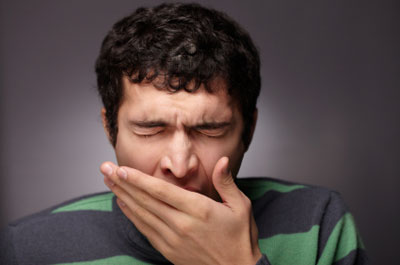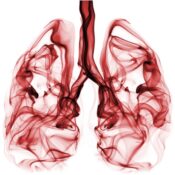Daylight Saving Time (DST) advances the clock to add an hour of sunshine to the afternoon. Getting enough sleep just might add time to our biological clocks, too.
“The first week of DST is not the only time to think about sleep loss,” says Dr. Ronald Chervin, director of the University of Michigan Sleep Disorders Center and a professor of neurology at U-M.
Even though one hour of lost sleep can make it harder to wake up and to stay alert, many people get less than the recommended 8 to 8.5 hours of sleep each night—an often hard-to-break pattern that sometimes gets its start during childhood.
“We generally spend one-third of life sleeping—or at least we should,” Dr. Chervin explains. “And we’re learning more and more about how that one-third has critical impact on the other two-thirds.”
It’s hard to find any area of health untouched by the amount (and quality) of sleep that we get. Here are some of the health problems that researchers link to chronic insomnia and sleep disorders such as sleep apnea:
- Depression
- Anxiety disorders
- Emotional instability
- High blood pressure
- Heart disease
- Colds and flu
- Weight gain
- Type 2 diabetes
- Dying early
Dr. Chervin and his team at the UM Center for Sleep Science http://www.med.umich.edu/umsleepscience/ are researching the best ways to get the right amount of rest. Current clinical projects focus on aspects of sleep in newborns, pregnant moms, and Parkinson’s patients. They are also testing a new telephone-based therapy for chronic insomnia.
Become a Saturday Evening Post member and enjoy unlimited access. Subscribe now




Comments
Hard to imagine what “a new telephone-based therapy for chronic insomnia” is.
Maybe, they give test subjects Joe Biden’s number.